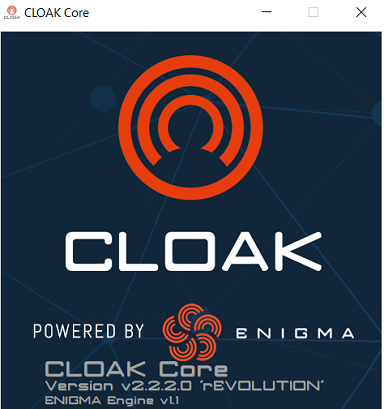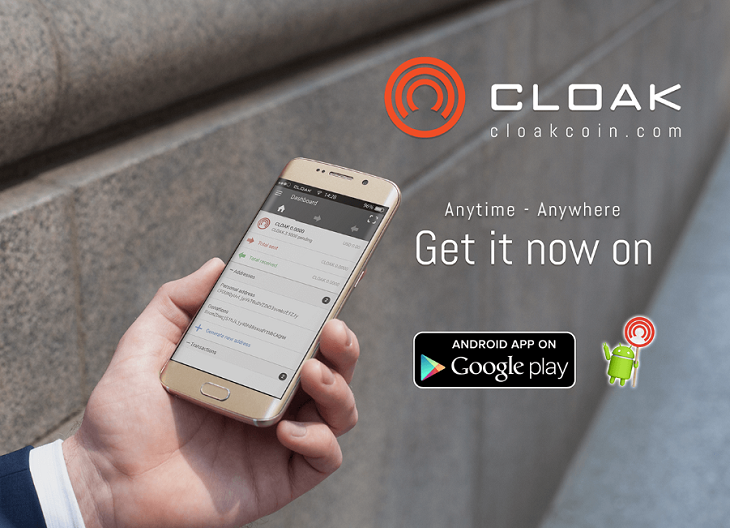
How to Choose a Crypto Wallet
Hint: It’s a Matter of Personal Preference

Choosing a digital stashbox is a lot like shopping for a new outfit. Are you going for a conspicuous look? Or are you trying to keep a low profile, not wanting to draw attention to yourself?
And, like fashion, crypto wallets serve functional purposes — that primo hoodie also keeps your torso warm.
So, the fundamental question you have to ask yourself when selecting a crypto wallet is, “what do I want it to do for me?”
When picking up different cryptocurrencies, you’ll often visit digital shopping malls — a project’s ‘wallets’ page — containing a selection of free downloads. And in this article, we’ll cover some fundamental characteristics of varying wallet styles.
Armed with the following knowledge, you can speed through checkout without having to try everything on first.
Crypto wallets fall into two basic categories — ‘hot’ and ‘cold.’
To translate those terms into blockchain-speak, ‘hot’ wallets connect to the Internet, and ‘cold’ wallets do not.
Wallets you access by logging into an online interface are fiery — for example, centralized crypto exchanges including Bittrex and Upbit.
The common thread with all hot wallets is that you don’t own the private keys. And as the saying goes, “not your keys, not your crypto.”
Cold wallets, on the other hand, are the gold-standard of crypto security. They’re not made to go online, and the most beneficial aspect of using a cold wallet is that your private keys never leave the device.
While hot wallets may be more convenient, they’re prone to hacks. And since we’re not keen on leaving our digital assets exposed, we’re sticking to crypto wallets that are icy.
A few of our favorites are listed below.

Paper Wallets
One of the oldest methods for accounting involves paper and in — simply writing figures down. And while one style of crypto wallet uses the same ingredients, functionality is much more futuristic.
For long-term holding, paper wallets are as cold and secure as they come. Just make deposits into the account and keep your printout safe.
Visit the CloakCoin paper wallet page to easily generate your own.
As you can see in the image above, you have only two pieces of info to worry about — your deposit address and private key.
Unlike bitcoin, you’re free to give your CloakCoin address to anyone, and they’ll never know your account’s history. Just be sure to keep your private key all to yourself.
Now, to make withdrawals, you’ll need to import your private key into a digital wallet.
And as it turns out, we make those, too.

100% anonymous transactions
Software Wallets
Transmitting coins with a software crypto wallet is as simple as sending an email. And unlike exchange accounts, your wallet’s private keys belong to nobody but you.
Just like our paper wallet, it’s safe to distribute your digital wallet’s Cloak address publicly.
Visit the CloakCoin wallet dowload page to select a crypto wallet for your favorite platform.
Windows, Mac, and Android wallets are each very intuitive. You’re already joining us here on the Internet — we’re assuming you’re comfortable downloading a small piece of software.
Pro tip: Keep your CloakCoin wallet open to improve the speed of staking rewards.
Now, if you’ve got some tech knowledge, you can set up a wallet on a StakeBox and have your wallet open 24/7 without interrupting your PC activities.
You can stash software wallets on a USB drive and only take them online as needed. And although your wallet is connected to the web as it syncs with a blockchain, compared to exchanges, you’re not a target for hacks.
By using Cloak’s Enigma-powered software, so long as your network is secure, nobody will even know you’re using cryptocurrency.
However, there’s an even stronger method of crypto security available — hardware.

Hardware Wallets
The coldest of chilled crypto wallets are the hardware variety — a cold wallet’s private keys stay frozen within a handheld gadget.
Plenty of options exist today, with Ledger being the most popular and you can now pick one up for about $50.
However, if you have an old smartphone on hand, you can make a hardware crypto wallet all by yourself.
Not sure how? It’s simple, and this hardware wallet how-to walks you through the entire process.
Wrapping Up
Picking a digital wallet, like most blockchain activities, is easy if you know how. The process may be overwhelming at first, but now you’re familiar enough to go it alone.
And if you spend enough time in the land of crypto, you’ll find yourself with multiple wallets for multiple projects. Near-universal solutions are on the horizon, but until large-scale blockchain interoperability takes place, we’ll continue to use coin-specific wallets.
Now, while plenty of blockchain projects have their own wallets, none are quite like ours. Not only are CloakCoin wallets anonymous and secure, but they reward you just for using them.
After all, who doesn’t enjoy 6% annual interest for simply holding funds in the proper crypto wallet?

